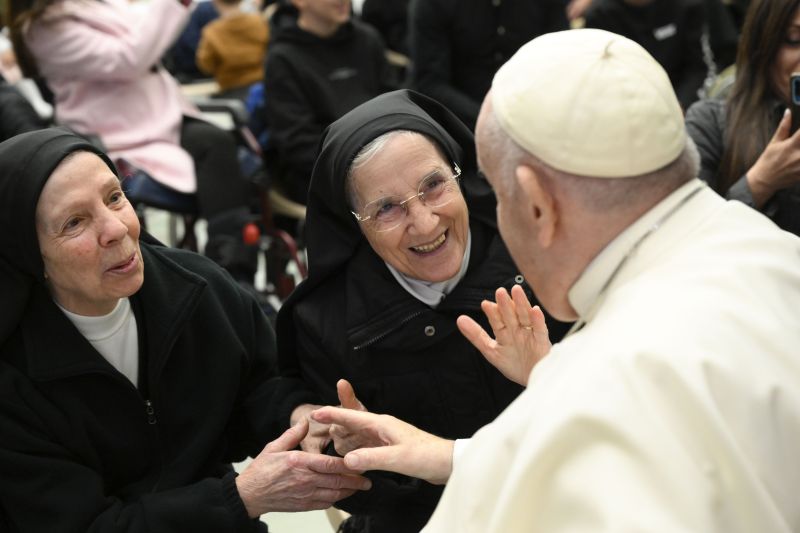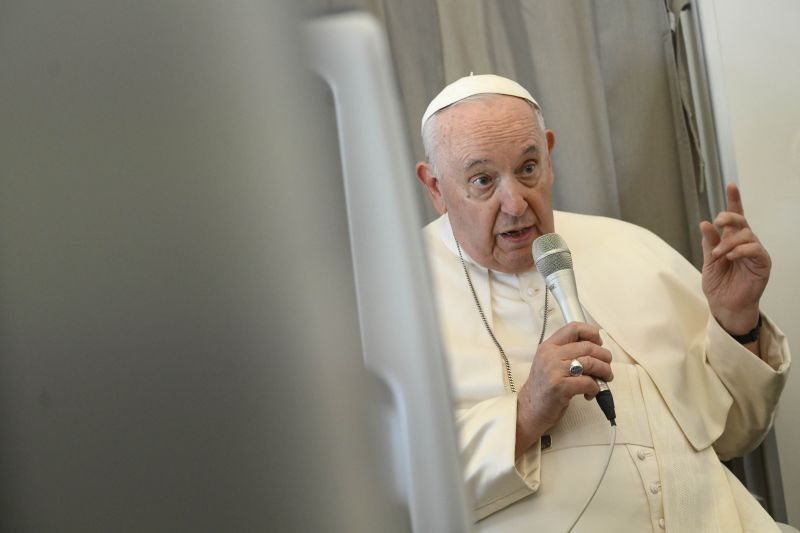Expert decries “brutal discrimination” against medical conscientious objectors to abortion

 null / Chinnapong via Shutterstock.
null / Chinnapong via Shutterstock. ACI Prensa Staff, Jul 9, 2023 / 07:22 am (CNA).
The general coordinator of the National Association for the Defense of the Right to Conscientious Objection, attorney José Antonio Díez, decried the “brutal discrimination” suffered by doctors who oppose the practice of abortion.
Díez made the statement to ACI Prensa, CNA’s Spanish-language news partner, following a ruling by the Constitutional Court (TC) of Spain declaring that the “right to abortion” is violated when a hospital administration refers a woman who wants to have an abortion to a private establishment if the doctors at the public health facility did not object to performing abortions in writing and in advance.
The case dates back to 2014, when a 35-year-old woman, six months pregnant, was informed that her daughter had a chance of suffering from a rare brain disorder called agenesis of the corpus callosum. This congenital condition can mean that there is no possibility of connection between the cerebral hemispheres.
The Murcian Health Service referred the pregnant woman to a private abortion center in Madrid, alleging that there were no doctors willing to provide an abortion in the region’s public health system. In the Spanish political system, the Region of Murcia is an autonomous community, roughly similar to a U.S. state.
According to the website of the Red Madre Foundation, which assists women in crisis pregnancies, the method used during the second or third trimester of pregnancy is known as “partial delivery,” which means that the abortionist “grasps the fetus’s feet and pulls them until the lower part of the head is exposed. Scissors are then used to open the base of the neck into which a catheter is inserted to suction out the brain.
However, according to the TC, the abortion “has to be carried out in the centers of the public health network of the autonomous community itself, except in supposedly exceptional cases in which the public health service cannot facilitate it due to widespread conscientious objection.”
The Constitutional Court ruled that “in the prosecuted case it was not proven” that the doctors had exercised that right individually, in advance and in writing.
These requirements were not included in the abortion law passed in 2010, which is applicable in the case, since the incident dates back to 2014 when that law was still in effect, Díez explained.
In the March 2023 revision of the 2010 law, these requirements are established in Article 19 Section 2. In addition, the creation of a register of conscientious objectors — which still doesn’t exist — is included in Article 19 Section 3.
Díez disagrees with the ruling of the TC justices and questions “their impartiality.”
“They want to make all the objecting doctors get on a registry that still doesn’t exist with the aim of reducing any resistance to abortion … so that the debate can be closed,” the attorney pointed out.
Díez, who is also a university professor, stressed that “fundamental rights cannot be limited without just cause.” However, he considers that an attempt is being made to “impose a series of obligations to override conscience and the medical lex artis,” the rules that govern a professional duty.
In his opinion, there is a risk that the Constitutional Court “is setting itself up as a legislator to say almost the opposite of what is included in the Spanish Constitution.”
Taking that direction, he pointed out, “a doctor with principles will not be able to practice gynecology.”
This story was first published by ACI Prensa, CNA’s Spanish-language news partner. It has been translated and adapted by CNA.




